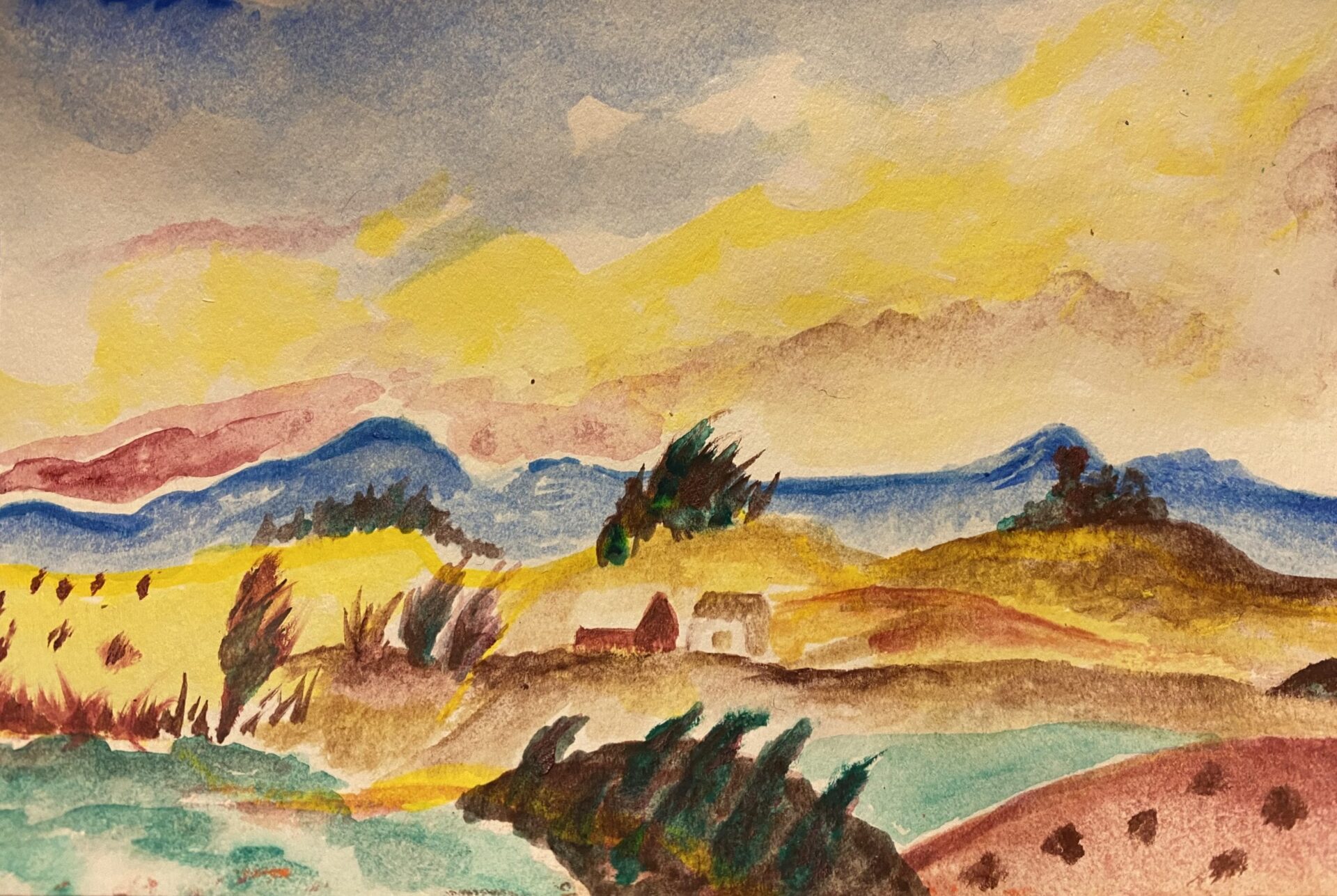by Patrick McNerthney
Last week we discussed the benefits of one of my favorite things: Naps! What, you didn’t read last week’s post? Well, it’s right here. Go for it! We’ll wait.
Okay, ready?
Along with naps we discussed the importance of incorporating down time into our lives to take the pressure off – down time that can come in the form of asking for help.
Which brings up the slog. Well, it doesn’t really bring up the slog; I’m bringing up the slog… so let’s talk about the slog.
A slog is when you work especially hard (emotionally, physically, mentally) over a period of time, typically in response to a crisis. It could be something immediate, like an important deadline you forgot, or it could be something truly immense, like successfully enduring the pandemic. The goal here is to buckle down and stick it out under incredibly uncertain circumstances.
 (Dealing with the slog often results in bad posture.)
(Dealing with the slog often results in bad posture.)
The problem with the slog is twofold:
- First, we have to consider time. How long will this slog persist? Do I have enough grit to persevere through that amount of time? At what price? Or will I just need to sprint for a short time…what the heck?
- Second, what if this slog is the NEW normal? Even if it’s not permanent, what does it mean if this is my new environment for months on end? Maybe it just feels permanent? Or what if it really IS permanent. Wait, is anything really permanent?
The answer to these questions may very well lie within the concept that change is constant in our lives and comes in two primary forms:
- When things go well for us, change comes in a cyclical pattern we can anticipate, which results in manageable stress. A great example is the cycle of the four seasons. Or the school years. Or taxes; okay, maybe not that.
- When things go poorly, change comes rapidly, sometimes shockingly, and thus we feel the strain to adapt. A great (but unfortunate) example is my cedar tree’s roots breaking my neighbor’s sewer line, and me having to figure out how to fix that. This form of change can easily become a slog. (Trust me.)
 (Admittedly it’s a big tree.)
(Admittedly it’s a big tree.)
But in either case, change is happening. And the slog arrives.
Our power lies in our ability to reframe what’s occurring around us, slog or not, into an opportunity to learn, contribute and create. We can give ourselves permission to see all change as opportunity – a chance to make a difference. And you know what? If we need to hit pause or ask for help in order to do this, to get our heads together and rejuvenate, that’s just fine too.
Fine Art Miracles is here to help you on your journey to transform the lives of the elderly, children with challenges and loved ones with developmental disabilities – especially in the face of the pandemic. Our programs lean on creative expression as a tool to make things better for those under your care. Art Therapy, Music Therapy, and Dance & Movement Therapy are just a few ways to create connection, self-confidence, and joy in under-served populations – who disproportionately struggle with the changes caused by social isolation. Please Reach out to Tess if you have any questions or if you’d like to learn more!
I’d offer to help, but I’m going to see what I can learn about cedar trees, sewer lines, and property boundaries. Although I have the sneaky suspicion I’ll be asking for help on this one, myself…

